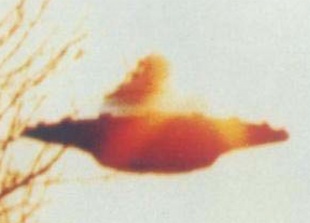Knowledge
NOTE IMPORTANTE
Cet article n'est pas une publication officielle de la FIGU.
Knowledge: (simply is) the result of absolute logical insight in recognition of the truth.[1]
Knowledge acquisition involves complex cognitive processes: perception, communication, association and reasoning; while knowledge is also said to be related to the capacity of acknowledgement in human beings.
Knowledge is a familiarity, awareness or understanding of someone or something, such as facts, information, descriptions, or skills, which is acquired through experience or education by perceiving, discovering, or learning. Knowledge can refer to a theoretical or practical understanding of a subject. It can be implicit (as with practical skill or expertise) or explicit (as with the theoretical understanding of a subject); it can be more or less formal or systematic. In philosophy, the study of knowledge is called Epistemology; the philosopher Plato famously defined knowledge as "justified true belief". However, no single agreed upon definition of knowledge exists, though there are numerous theories to explain it.
